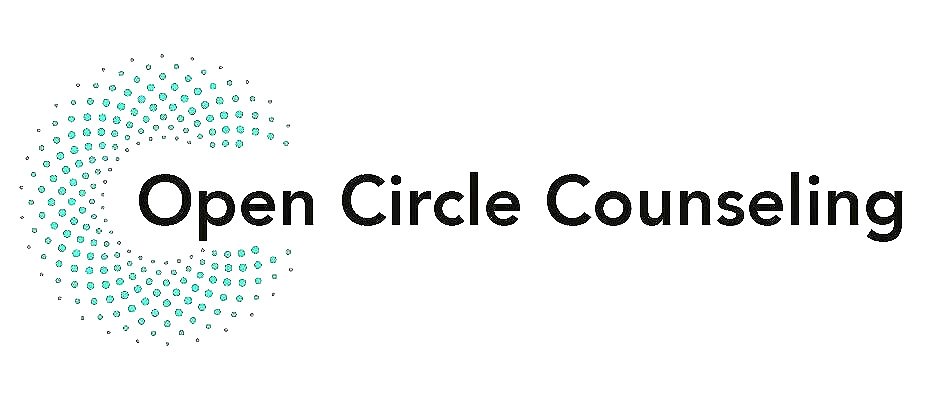Knowing you are not alone in your experience can be a helpful reminder when facing what feels hard, scary or overwhelming. This post is an excerpt from a book I am currently working on. In sharing my story, maybe you can feel a little less alone in yours.
The fall of 2018 in California was so dry and rainless. Our summer had been full of wildfires and smoky days, so a rainless fall had put me on edge. Everywhere I looked, I saw tinder-sticks, and imagined any little patch of anything could start a colossal fire. And as the winds came, those colossal fires did, in fact, resume. By late fall, the Bay Area seemed to have grown accustomed to hazardous air, and when the smoke from the Camp Fire reached its apex in early November, the air my daughter and I breathed was deemed the “worst in the world.”[1]
My toddler and I were home sick with some combo of a smoke-cold the day I was forced to look deeper at my fears. Her coughing had become a continuous background sound, painfully reminding me that her pre-existing asthma was being exacerbated by the fine particles settling into her little lungs. The old Berkeley duplex we lived in was ill equipped for these new climate hazards, and I’d been anxiously trying to seal the cracks and holes I had once found charming. But the air kept floating in, of course, mocking my attempts to create safety, and draining my daughter of her health and energy. I kept hoping the air would clear. It didn’t.
As the afternoon wore on, the sky became dark too early. More smoke was coming in. Things were getting worse, not better. I texted a fellow mom friend, and we decided to meet in Tahoe that night with our kids. Flee to the mountains, I thought. Is this what it has come to?
I immediately started doubting my decision, per my usual self-distrust pattern. I wondered if I was over-reacting. I began comparing myself to the mainstream—schools were still open, people were going to work, operating as if nothing too abnormal was going on. As a case manager, I considered the 90 clients on my caseload and how they had it way worse than me. Who am I to have the luxury to leave? But no one knew when the fires would be contained or when the winds would carry the smoke out of the Bay. And the asthma inhaler and humidifier weren’t cutting it.
It was after 7:00 pm when we left; I hoped it was late enough to avoid getting stuck in the notoriously slow-moving traffic along I-80, where the air was even more nightmarish. As I ran in and out of the house, franticly packing the car while attempting to not breathe, my thoughts rapidly raced, “The N-95 mask doesn’t fit her,” “Our car air filter hasn’t been changed in a while,” “Am I going to make her sicker?”
My daughter’s cough worsened as I sped through the worst of it. As she slept and coughed, the too-big, useless mask slipped off her face. There was nothing I could do. Visibility was scary and unpredictable, like a fog that got blackout-drunk and starting raging against anything in its way. I found myself narrowing my thinking, keeping my focus on what was in front of me. It got to the point where adrenaline took over, and I didn’t have room anymore to notice my fear. I just drove really, really fast.
My daughter and I found relief—when we reached the mountains, her cough became semi-normal. I felt ashamed for how much I had taken breathe-able air for granted. Although relieved, I was still on guard—worried about my daughter, about the people in California being affected, and what the air would be like when we went home. Although I had made the right decision to leave and was privileged enough to do so—I still felt a nagging unease that this challenge wasn’t close to being over.
That day was my wake-up call. Granted, the climate-related crisis I experienced was tame compared to what others endured in California that day—and what others in the U.S. and around the world have experienced or are currently dealing with. All the same, it was an event that shook me up, and left me with a lingering sense that I needed to do more. And that I also needed to get my confidence up around decision making.
After that time, I started noticing the information needed regarding how to deal with climate-related stress was sorely lacking. There was a lot of reading I could do about the predictions and the tragedies—and not much in the way of how to cope with it all.
Yes, we know the glaciers are melting—and that things may get a lot worse before they get better. That everything may change as a result of our changing climate. And how are we doing with this news? What are we thinking, feeling, believing? Who do we want to be in the face of climate crisis and change, what actions do we want to take?
Well, it is time to start figuring that out.
If you are experiencing anxiety because of climate change, counseling for climate crisis can help. Reach out to me through my contact form to start your healing journey.
J.K. Dineen and Gwendolyn Wu, "Northern California air quality rated the worst in the world, conditions 'hazardous,'" San Francisco Chronicle, November 16, 2016, https://www.sfchronicle.com/california-wildfires/article/Smoke-still-plagues-Bay-Area-skies-a-week-after-13394932.php.
